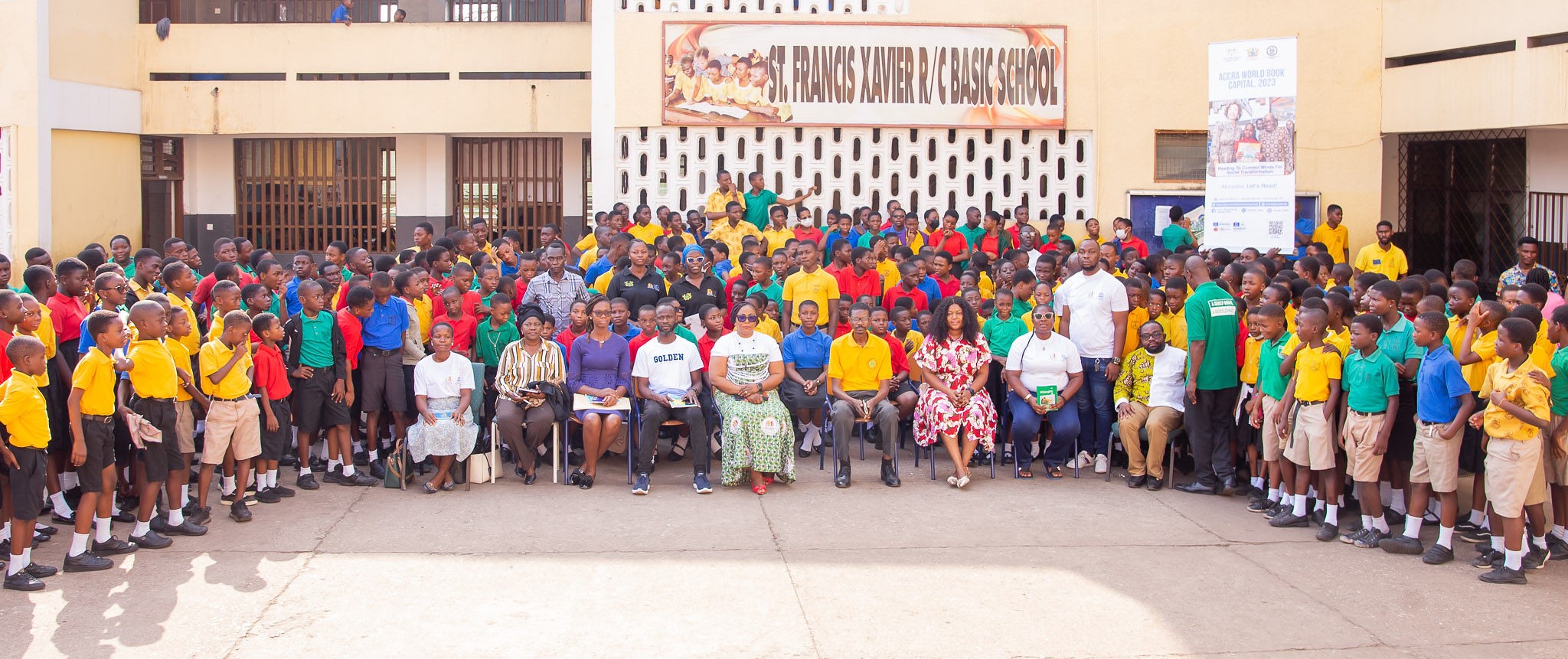The United Nations Educational, Scientific and Cultural Organization (UNESCO), in collaboration with the National Commission for Civic Education (NCCE), has commemorated the 2024 International Mother Language Day in the Ayawaso North Municipality.
The annual celebration observed on February 21, aims to create awareness about linguistic and cultural diversity while advocating for the promotion of multilingualism.
In her remarks, the Secretary of NCCE, Mrs Lucille Hewlett Annan,
acknowledged the linguistic diversity in Ghana, adding that educating in English alone was insufficient, especially in villages where English may not be widely spoken.
“We don’t only educate people in English because we know that a lot of Ghanaians don’t speak English. If we come to Accra, we just assume that Ghana is only in Accra. But when you go to villages, they are supposed to know their rights and responsibilities. They are supposed to know why they should vote. They are supposed to understand what they should do in their environment. And you cannot use only English to educate them.”
To address this, she said, every staff in NCCE offices was equipped to educate in the dominant language of their respective communities.
“Also, in promoting the mother tongue, when we come to schools, we try to encourage the children to also learn how to read and speak their mother tongue,” she added.
Mrs Annan further noted that the collaboration with UNESCO was a strategic move to promote the use of local languages, with a particular focus on children. She expressed the importance of encouraging children to read and speak their mother tongue, emphasising the need for parents to follow suit within their households.
Detailing the diverse initiatives and programs in place, Mrs Annan highlighted the NCCE’s presence in schools, civic education clubs, and various community settings.
“The commission actively engages with identifiable groups, including churches and mosques, tailoring its message on the value of mother languages to different audiences.
“In a comprehensive approach, the NCCE’s programs target various age groups, ensuring a widespread impact. The message remains consistent. We also collaborate with the Information Service Department to effectively disseminate information across the country,” she stated.
Promoting local languages, according to her, was essential to preserving cultural heritage and fostering a deeper understanding of rights and responsibilities.
Students at St. Francis Xavier RC Basic School read books written in Ga, Ewe, and Twi.
Source: ghanatoday

_
Follow us on our social media pages for more stories and posts from the NCCE.
https://www.instagram.com/nccegh1/
https://www.facebook.com/nccegh/


Leave a comment